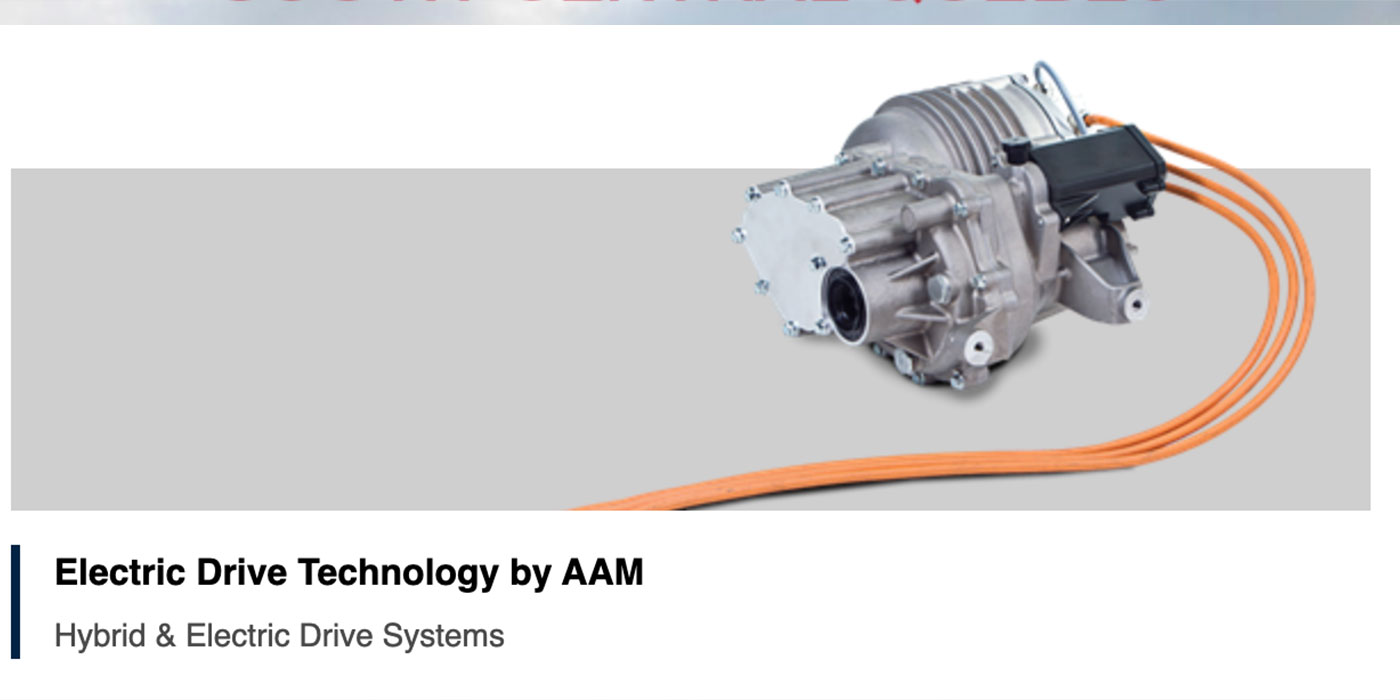From “Herman Trend Alert,” by Roger Herman and Joyce Gioia, Strategic Business Futurists.
Posted: Dec. 29, 2004, 9 a.m., EST
GREENSBORO, NC — Employees in developed countries are increasingly concerned about the number of jobs being moved overseas. Alarmists sound the cry that a huge number of jobs are vanishing from traditional workplaces, spelling the elimination of employment opportunities. Though this perspective stretches the truth, thousands of jobs that had been performed in the U.S., England, Australia, Germany and other places have been moved to countries with considerably lower wage rates. On balance, this shift is good for the economies of developed countries, since employers are able to get more accomplished for less, freeing resources for other uses-like creating more jobs, though different, that can be performed by their own workers.
These new jobs will contribute to corporate success. Simultaneously, some of the jobs that had been moved overseas are being moved back to the U.S. and other developed countries; this trend will continue. Employers are evaluating where jobs should be performed most efficiently and cost-effectively. As this evaluation proceeds, we will see even more transnational job movement. Not just a matter of economics, the new location must have a trained workforce, or the capacity to cost-effectively train enough people. Other issues, including logistics, easy access to markets, flexibility, and legal and tax concerns and the needs of the markets will dictate the optimum locations.
When the North American Free Trade Agreement (NAFTA) took effect, many people lost their jobs. Those NAFTA-displaced workers received retraining assistance through The Trade Adjustment Assistance program. A similar program exists for people affected by off-shoring. This job training will reduce the potential of extended unemployment, build worker agility and enrich the economy’s productivity. As the economy picks up, there will be plenty of jobs available for trained workers.
The key to career strength will be training and education. While some will argue that this support should be provided by governments, it is more likely that employers will offer needed growth opportunities to attract and hold the people they will need. Once again, these learning opportunities will draw candidates to join one company, rather than its competitors.
Copyright 2004 by The Herman Group — From “Herman Trend Alert,” by Roger Herman and Joyce Gioia, Strategic Business Futurists. (800) 227-3566 or www.hermangroup.com.
The opinions expressed in “Herman Trend Alert” articles appearing on aftermarketNews.com do not necessarily reflect the opinions of AMN or Babcox Publications.
_______________________________________
Click here to view the rest of today’s headlines.













